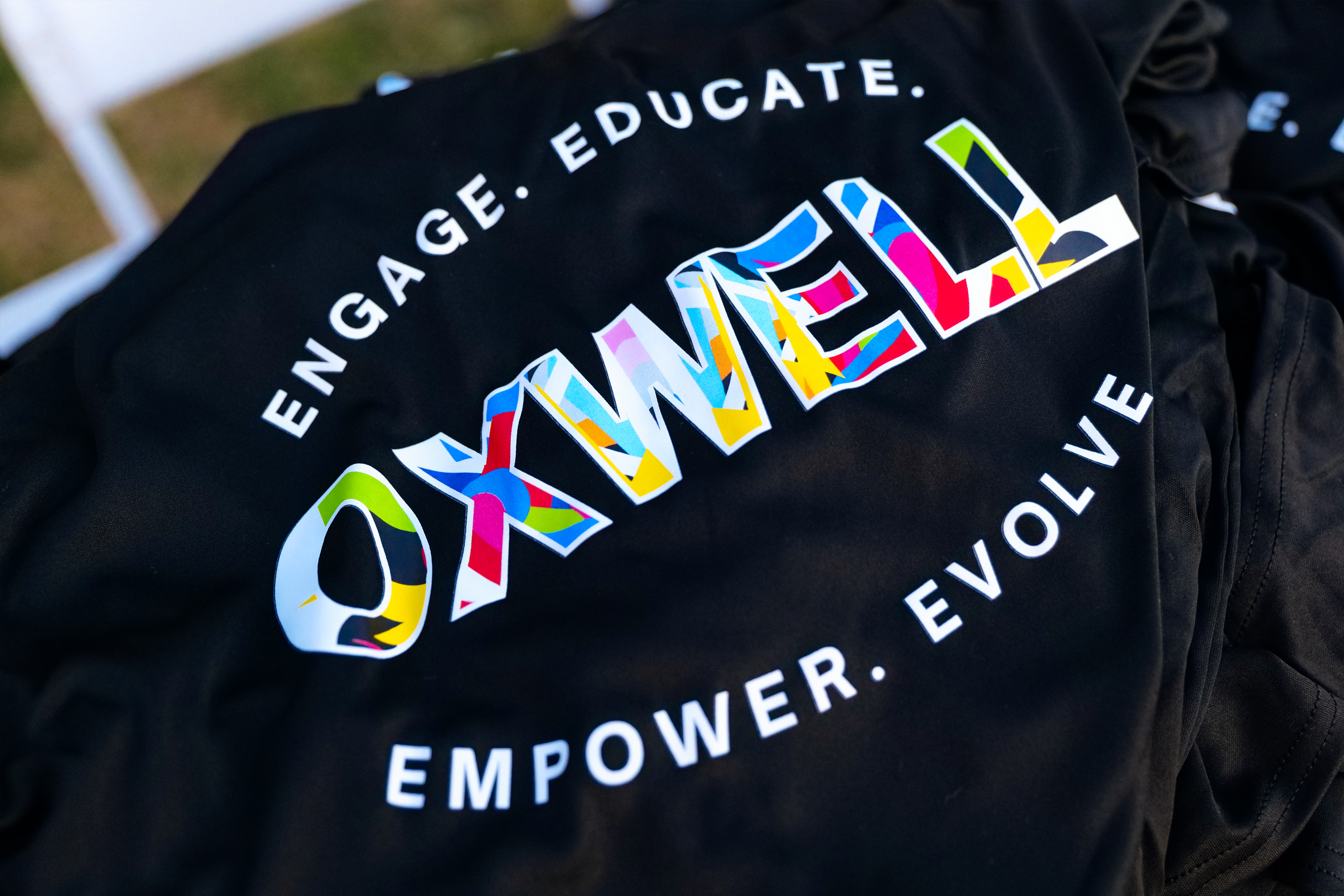Maybe We Do Need to Take Care of Ourselves: The Cyclical Power of Wellbeing

You’ve heard it time and time again: you need to take care of yourself. Whether it’s from professors, parents, mentors, or even social media, you may have heard those dreaded words so much that when you even hear the word “self-care,” you feel defensive. Maybe you roll your eyes, tune out, or frustratingly think to yourself, I know, but there’s not enough time!
While we’re often told to take care of ourselves, it can sometimes feel like that is in direct opposition to the challenges of attending Oxford. Sometimes, it might even feel like you have to choose between your academic and personal goals, or your health and well-being.
But the truth is that you don’t have to choose. In fact, by prioritizing your health and well-being, you’re actually working towards your goals.
As the OxWell initiative highlights, there are eight elements of well-being: emotional, environmental, financial, intellectual, physical, professional, relational, and spiritual. Often, it can feel like these eight elements are separated from one another. When college students are in the heat of a semester, it seems like the intellectual and professional elements are the only ones that matter. Spending time with friends, setting aside time for physical health, or giving your mental health a chance to breathe can all feel secondary to an extra hour of studying. It’s understandable; many students come into each semester with lofty academic and professional goals.
Yet these eight elements of well-being are not separated; in fact, for better or for worse, well-being is cyclical. You’ve heard the expression, when it rains, it pours? Think of well-being like that.
Let’s say that you forgo a night of sleep in exchange for a few extra hours of cramming. You may think that this extra time studying at the cost of sleep is best; after all, what’s one night going to do? (Until the next all-nighter, and the one after that.) Well, the longer you go without sleep, the grouchier you may grow. When your friend says something that you otherwise wouldn’t think twice about, maybe this irritated state causes you to snap at them. Now as you walk to class, you’re thinking about your friend and feeling stressed, angry, sad, and maybe even guilty! And of course, as you sit down to take the test, your mind may run blank, your stomach may rumble, and you may be longing for a nice long nap.
It sounds extreme. Until it isn’t.
In this scenario, the physical element of well-being affected the relational which affected the emotional which affected the professional. Unfortunately, after these experiences, we may not always have the healthiest takeaways. If the test doesn’t turn out the way you hoped, it’s common to think that you just need to work harder. Without attention to your well-being, though, you’re likelier to hit a wall and enter a state of diminishing returns, and when we hit burnout, our academics suffer.
So, the bad news is that well-being is cyclical; the good news is that well-being is cyclical!
Just as the unhealthy effects of neglecting well-being can snowball, so can the healthy effects. Again, the eight elements of well-being are intertwined, and that is where we find hope. After all, an object in motion stays in motion.
It may not happen overnight, nor through some grand, life-altering change; rather, through small steps, positive momentum can touch our lives. That healthy night of sleep may help you feel more rested, and with more rest, maybe you have the energy to go for a walk. Maybe on that walk, you start to feel less anxious, less unconfident, and you decide to wave at a classmate. Maybe you have a positive interaction, and you two decide to check out an Oxwell Program. Before you know it, you may actually be more focused as you study, more energized for your classes, and more confident as you enter that test in a way that an all-nighter can’t give you.
It doesn’t always feel like focusing on well-being is the best way, but it truly is. Through prioritizing your eight elements of well-being, even from something as simple as eating breakfast, going for a walk, or taking a deep breath, you may start to build positive momentum to achieve your goals and not just survive college, but thrive.
So yeah, maybe they’re right. Maybe we do need to take care of ourselves.
If you or someone you know are looking for support, help is available. Reach out to the Center for Counseling and Wellbeing for more information.